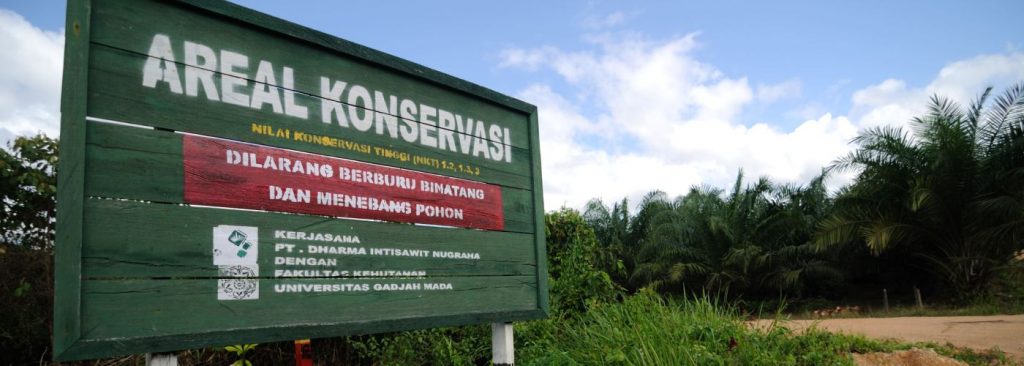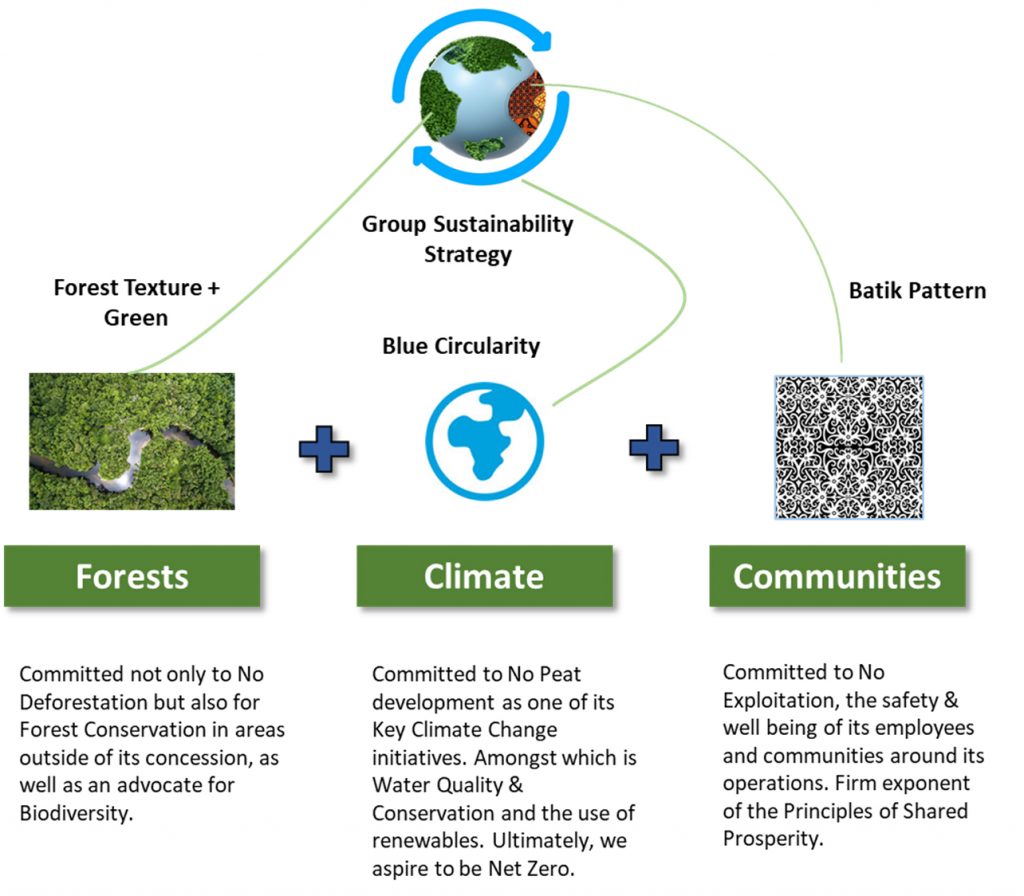Sustainability Policy

At DSN Group, our sustainability policy is our beacon to manage the way we do things, we also recognize that we must apply the same principles to all of business units in our group, as well as our supply chain as a holistic approach to reduce or mitigate our impact to the environment and bring positive impact to the community where we operate.
DSNG’s sustainability vision is “to become the responsible choice for people, planet and prosperity”. Within that vision, lies our drive to deliver excellence and our aspiration to become a globally admired business by producing high quality products, as well as delivering consistent and superior returns for all stakeholders.
Nevertheless, DSNG’s focus on the satisfaction of customers; the well-being of its employees; respecting local communities are all inseparable from its goal to create value for their shareholders.
DSNG recognizes the pressing challenges of climate change, limited natural resources, growing human population and equitable development. Therefore, it aims to take part in supporting bold responses taken by the United Nations 2030 Agenda for Sustainable Development; Paris Climate Accord; and Indonesia’s commitment to reduce CO2 emissions by 29% in 2030 against the 2010 baseline. Additionally, DSNG believes in sharing best practices and inclusivity through the principles of shared prosperity with its supply chain; persistently striving to find the most advanced solutions for a Net Zero Carbon and efficient business.
To deliver the vision above, DSNG has three priority areas where it will focus on to mitigate its environmental and social impacts. These priority areas are forests, climate and communities. Broadly DSNG’s commitments are reflected below, however a more detailed elaboration on its commitments is available in its Group Sustainability Policy.

In addressing its business impacts and sustainability priority areas, DSNG adopts three core principles. They are NDPE, Preservation and Circularity. These priority areas and principles form a matrix, which become the basis of its Group Sustainability Policy. DSNG shall endeavor to communicate this policy and its commitments to all our employees, suppliers as well as our external stakeholders.
No Deforestation, No Peat and No Exploitation Principles
The No Deforestation, No Peat and No Exploitation Principles related to the protection of forests, peatlands, human and community rights. We are committed to employ businesses that are compliant with national laws and regulations, protect forest and biodiversity, reduce greenhouse gas emissions, respect the rights of indigenous peoples, employees, and local communities. These commitments are defined clearly in our : https://madebystucel.com/dsnwp/esg/culture-of-transparency-accountability/ndpe-policy/
In addition to the NDPE Policy, our operations along with its supply chain are expected to adhere policies related to business ethics and human rights:
● Anti Bribery and Corruption Policy
● Women Protection in Workforce
● Child Protection
● Whistle Blowing System
The Principles of Preservation are our commitments to protect the environment from the harmful effects of our business activities, as well as to maintain or enhance conservation areas as natural habitats. We are committed to the preservation of essential ecosystems in forest areas through conservation, addressing climate change through the efficient use and enhancement of water resources, ensuring the well-being of our employees and local communities in the areas we operate, and using Natural Climate Solutions to mitigate our impact on the environment and climate change.
Our key aspect of Forest Protection is the preservation or non-conversion and protection of essential ecosystems through conservation. Our definition of essential ecosystem is consistent with Indonesia’s Ministry of Environment and Forestry Regulation number P1/KSDAE/BPE2/KSA.4/2/2021 on Technical Guidelines for the Assessment of the Essential Ecosystem Management Effectiveness. Under this regulation (Part 1, Article 1, number 3), Essential Ecosystem or Essential Ecosystem Area (KEE) are defined as Natural Reserve Area, Natural Conservation Area and Wildlife Reserve that are ecologically important to biodiversity. In the same regulation (Part 1, Article 1 number 7 and Article 5 point a), the typology of KEE covers wetland ecosystem, corridor, HCV, Biodiversity Park and landscape with the specific geology and geomorphology
Through the Circularity Principles, we aim at eliminating waste and pollution, the continual use of resources, regenerating natural systems, as well as nurturing our Communities. We are committed to enhance the Biodiversity of our HCV areas through active monitoring, management, and where necessary interventions to mitigate threats. We are actively pursuing increased use of in situ waste materials from our operations in our effort to reduce carbon footprint through recycling, the use of renewable energy and organic fertilization, amongst others. We are also committed to the principle of shared prosperity, to address inequality and promote inclusive economic development.
Specifically, our scope for protecting and enhancing biodiversity extends beyond our concession areas. DSN Group is fully committed to reduce environmental impacts by preserving forests including its biodiversity within the landscapes we and our supply chain operate. The Integrated Conservation Area (ICA) in our Landscape Protection Plan (LPP). include conservation areas identified by land function zonation, forested areas, peatland areas, company designated conservation areas and other identified conservation areas in the landscape.
DSN Group maintains a register of Integrated Conservation Areas (ICA) that has been identified as important landscape features mentioned to safeguard and support the conservation and restoration of important forests, peatlands, and other ecologically and culturally important biodiversity and lands within the landscape in collaboration with a wide range of stakeholders, including governments, academia, civil society and local customary institutions (Lembaga Adat).
DSN GROUP LANDSCAPE PROTECTION PLAN
These priority areas and principles form a matrix, which become the basis of its Group Sustainability Policy. DSNG shall endeavor to communicate this policy and its commitments to all our employees, suppliers as well as our external stakeholders.